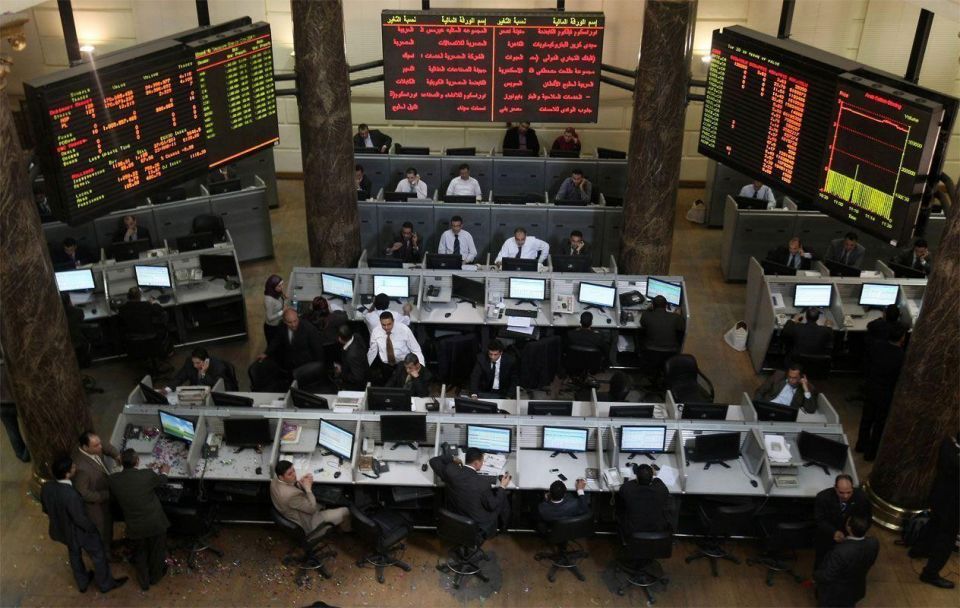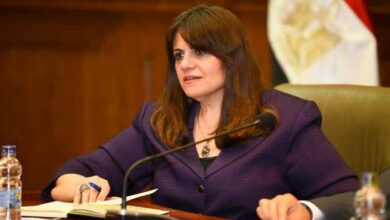Egypt’s Financial and Commercial Affairs Prosecution office opened an investigation on Sunday into a complaint filed by investors alleging that Maged Shawqy, former president of the Egyptian Stock Exchange, and Ziad Bahaa Eddin, former chairman of the Financial Supervision Authority, had misused public funds.
Prosecutors heard testimony from two investors who stated that the accused had violated the law when they issued orders to bar the shares of certain companies from being traded on the exchange, judicial sources told Al-Masry Al-Youm. Prosecutors also summoned three other investors to give testimony at a later date, the same sources added.
Zakriya Ismael, a lawyer for the plaintiffs, said he had presented prosecutors with documents supporting the investors’ accusations. He added that the documents showed a rapid decrease of LE300 billion in the value of affected companies’ stocks on the exchange, which investors claimed came as a result of Shawky’s and Bahaa Eddin’s decisions.
Ismael also said his clients had requested a video copy of a television program in which Shawky allegedly revealed his intention to force individual investors out of the stock exchange.
However, sources at the stock exchange said the decision to exclude certain companies from the exchange had been taken in full compliance with the law.
They added that the General Authority for Financial Supervision had conducted extensive discussions on the issue before the decision had been taken. They also said the matter had been discussed on the floor of the People’s Assembly after a number of deputies filed requests for information on the matter to parliament’s economic committee.
According to these sources, the People’s Assembly hearing served to clarify the situation, revealing that Shawky and Bahaa Eddin froze trading on 29 listed companies after their share prices appeared to rise inexplicably.
Investors accused the two executives of issuing “decisions that made profits for some companies at the expense of others” and of taking decisions that served to harm Egypt’s economy.
News of the investigation comes days after Shawky announced his decision to resign and a replacement was named.
New stock exchange chief Khaled Serry Siam, whose appointment by the prime minister was announced last week, said he sought to renew investor confidence in the bourse.
Egypt is popular with foreign direct and portfolio investors who are attracted by its solid growth prospects and proximity to European markets.
But some market analysts say the exchange must still work on providing new listings, de-list illiquid stocks and improve corporate transparency.
Corporate shares listed on the Egyptian Stock Exchange have performed relatively well throughout the global financial crisis. The exchange’s benchmark index has dipped 2.9 percent so far this year, compared with a 3.9-percent decrease in the global emerging market index.
Since the end of 2008, the index has risen by more than 30 percent. Egypt’s economic growth, meanwhile, currently hovers around 5 percent, down from a pre-crisis high of 7 percent.
Translated from the Arabic Edition.




